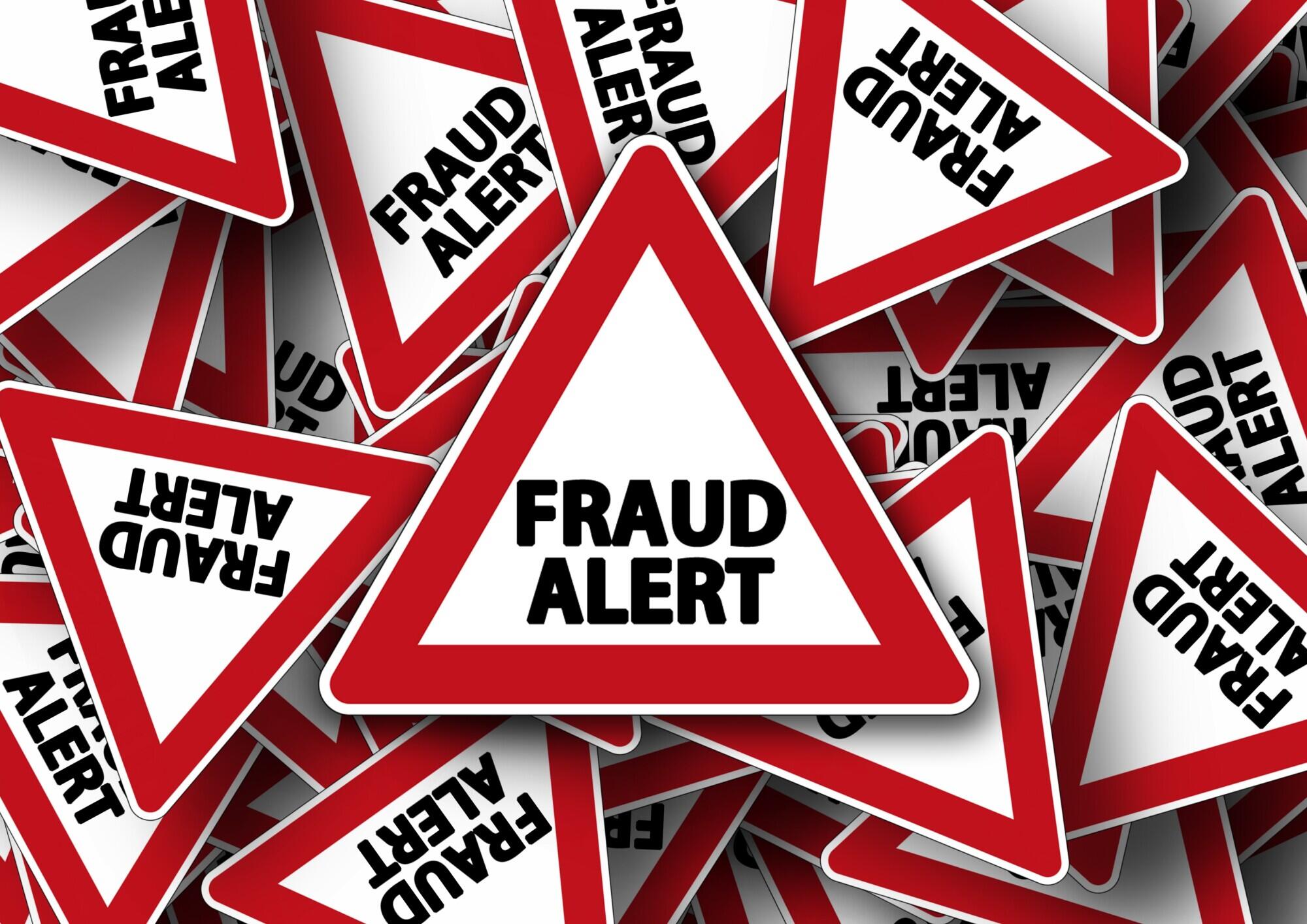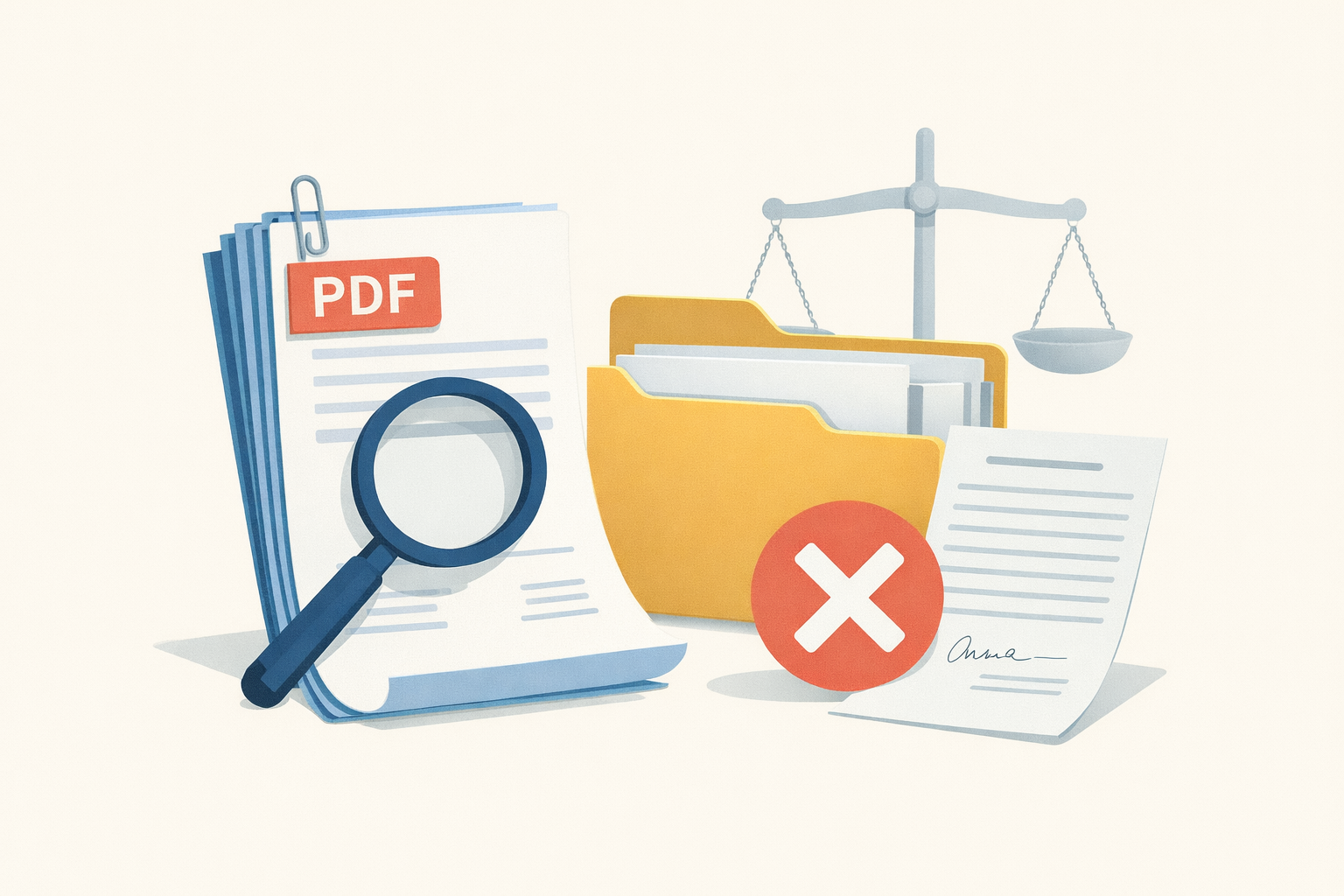Hear no evil, see no evil, speak no evil, right? Not when it comes to spoliation and your ethical obligations, as the public censure of a partner at Bryan Cave’s Denver office reminds us. Randall H. Miller was disciplined earlier this month for violating his duty of candor to the court after his client deleted emails, Bloomberg reports.
Indeed, Miller’s client had twice destroyed emails, once before Miller’s representation began and once during that representation, in response to an instruction from an associate. And those emails were central to the case, which involved allegations that Miller’s client had stolen confidential information and trade secrets.
Pet Food and a Few Thousand Deleted Emails
Here’s how the whole imbroglio came about. In February of 2014, John Landers resigned from Premium Pet Health (PPH), a pet food processing company in Colorado, and began working for a competitor. Landers proceeded to purge emails from his AOL account, an account he used exclusively for work when at PPH. Not wanting to manually delete the emails one by one, he hired a “computer specialist” to help get rid of them, destroying approximately 8,000 electronic missives.
Two months later, PPH sued Landers and his new employer. Landers told Miller that he had taken no company documents when he left his old employer. While putting together a response to a motion for a temporary restraining order, Miller asked his associate, Sarah Hartley, to confirm whether Landers possessed any information from Premium Pet Health.
Based on a “miscommunication,” Hartley ordered Landers to delete even more emails. In an email to Miller, she wrote:
Turns out [Landers and his specialist] only deleted the Inbox, not all other folders. So I’ve instructed them to delete every single file predating [Landers’s] departure from PPH, including Outbox, Sent Mail, any archives, Drafts, Trash/Deleted Files.
Within hours, Miller had corrected the instruction. He also sought to recover those emails and ordered their preservation. But Miller did not disclose the spoliation.
Indeed, the next day, Landers swore in an affidavit that he had no PPH documents when he left the company—something Hartley's email flatly contradicted. Nonetheless, Miller reviewed and filed the affidavit with the court.
'A Flagrant Disregard & Dereliction of Discovery Obligation'
Finally, in May, Miller told opposing counsel that Landers had material from PPH, but said nothing about the April email deletions nor their recovery. Only when spoliation claims had been raised did Miller disclose the post-complaint deletion of emails. Bryan Cave eventually withdrew from representation and the plaintiffs moved for sanctions.
It was not a situation any lawyer wants to find themselves in. In a harshly worded order, the court imposed spoliation sanctions against Bryan Cave and Miller, saying it was “deeply troubled” by the destruction of ESI and “concerned by the omissions and half-truths” in their explanations.
Here, the Court finds that Defendants and counsel at Bryan Cave have engaged in reckless and bad faith conduct that… is a “flagrant disregard [and] dereliction of discovery obligation” … Hartley instructed her clients to destroy ESI that was relevant to an ongoing lawsuit… The relevance of the evidence was not by chance; Hartley ordered the deletion of the emails precisely because of their relevance to the claims at issue.
"The Court cannot summon a more serious violation of the basic document preservation guidelines and discovery obligations," Judge Michael A. Martinez wrote.
Regarding Landers' affidavit, defense counsel "had a duty not to allow false statement of material fact - in the form of the omission from Landers' affidavit regarding the deletions that took place the day prior - to be presented to the Court."
Judge Martinez went on to impose an adverse inference instruction and granted PPH’s request for attorney’s fees.
Following Up Sanctions With Censure
But the fallout didn’t end there. This June, Miller was publicly censured for violating Colorado Rule of Professional Conduct 3.3(a)(3), regarding candor to the tribunal. Specifically, that rule directs that attorneys shall not knowingly:
offer evidence that the lawyer knows to be false. If a lawyer, the lawyer’s client, or witness called by the lawyer has offered material evidence and the lawyer comes to know of its falsity, the lawyer shall take reasonable remedial measures, including, if necessary, disclosure to the tribunal. A lawyer may refuse to offer evidence, other than the testimony of a defendant in a criminal matter, that the lawyer reasonably believes is false.
The issue here was not the email deletions themselves, but the affidavit filed the following day. “Miller was negligent in determining whether his client's statements in the April 10 affidavit were false,” the Office of the Presiding Disciplinary Judge writes, “and he was reckless in failing to take remedial action to timely disclose the false statements.”
The case highlights the gravity of ESI spoliation, not just to one’s case but to one’s personal reputation. Attorneys need to move quickly to protect ESI and to disclose when it has been destroyed. Particularly significant here is that Miller and Bryan Cave were sanctioned even after they had recovered the post-complaint deleted emails. “Undoing” the destruction of ESI didn’t protect them.




